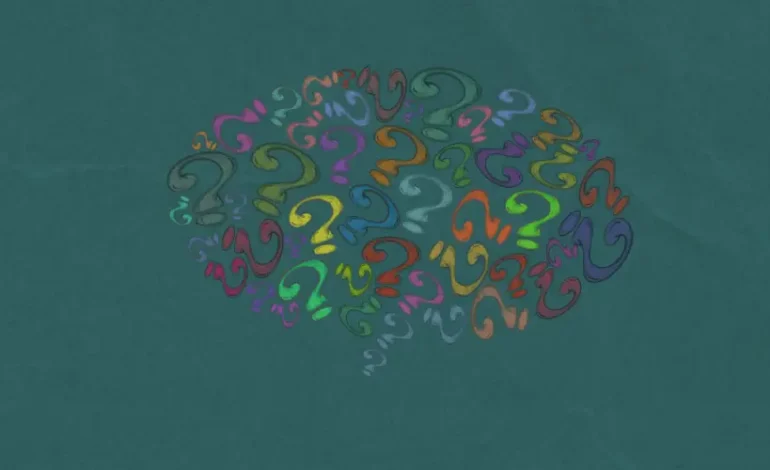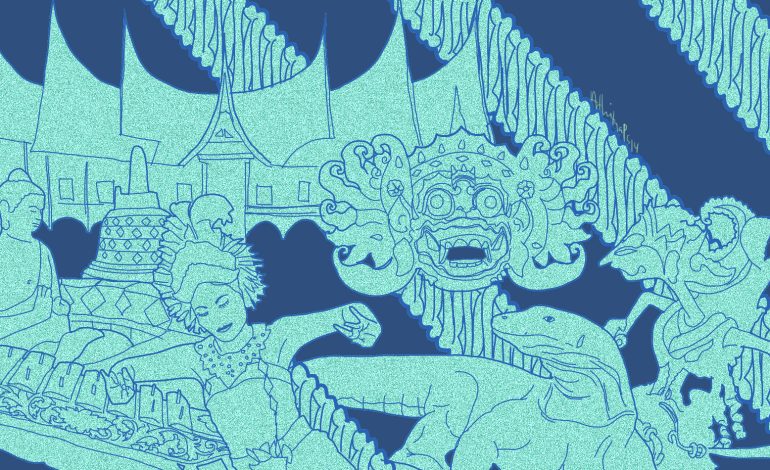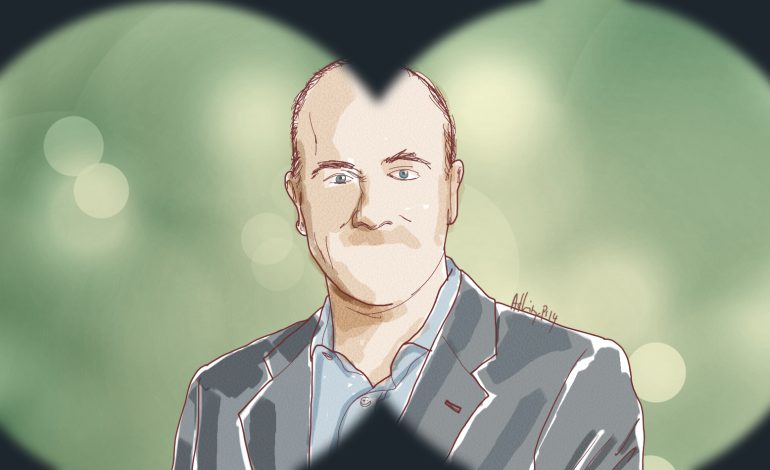Finding Life’s Purpose

At least once in our life, we ask ourselves the big questions, like “What is the purpose of life?” or “Why am I here on earth?”
They are good questions, ones that may help us orient our life and move closer to the center of our being.
Sacred scriptures and words from the Wise have pointed to the answers on numerous occasions and often rather explicitly. Yet we keep asking the questions and demanding answers. We need our personalized answers. We yearn to experience the answers.
The questions are so sexy and appealing that sometimes we go too far with them. We can have a romanticized vision of what we may become and our role in the society.
“I am born to be such and such.”

“I will be doing this and that.”
“I shall become so and so.”
That may be true. I do not refute the potential at all. Observe, however, from where the answers spur. Notice as well that they tend to have future tense.
The questions are questions for the soul. Yet we look solely to our mind for the answers. The questions require inner clarity. Yet we prematurely come up with plausible answers from our muddled interior.
We get too involved with what we will be in the future that we forget our present. We do what we do now, so that we can become what we imagine we will become then. The present is but a means to an end, which is the future. The present loses its values. We lose our precious opportunity to know, right here and now.
We do this more often than we think in our everyday life. We make the present a means to an end. When we want to go from our house to our office, all we can think about is arriving at the office. We do not pay due attention to what happens during our travel, except probably when someone rudely cuts us off on the road. Then we jump into another state of consciousness, or rather, unconsciousness – but this is another subject altogether.
Or when we are about to enter a restaurant to meet our friends. All we can think about is that moment in the not-so-distant future when we see and sit with them. Do we notice at all the waiter who opens the door for us, or the fact that the door is opening for us? Do we notice the wooden floor that we step on along the way? Unlikely.
So, the invitation of this article is to cut all these complexities of future maybes and return to the simplicity of being here and now.
Let’s visit those three words: be, here, now. These words in themselves are signposts that direct us to what they are pointing to. We speak of them often but rarely we allow ourselves to feel the sensation when we utter the words.
Why not give it a try? Say the words at a slower pace, not too loud, pause after each word, and feel the interior sensation as we hear the words echoing within our being. Be. Here. Now. Try it several times. They peel off irrelevant things, usher us towards a place deep in the center of our being, and ground us to earth. Be. Here. Now.
Suddenly the universe becomes quieter and simultaneously more vivid. Some of us may become more aware of our breath, or the tingling sensation on our fingers, or the sound of water flowing in the gutter, or the leaves swaying as the wind blows.
Memories come up, bringing colorful emotions and more memories along. Thoughts of the future, too, pay us a visit, and with them come hope, fear, excitement, and anxiety. Again we return to our words: be, here, now. Thoughts and sensations come and, eventually, they will fade. All are parts of human experience.
This is a form of mindfulness practice. One may have different forms of practice and call it by some other names, such as meditation, remembrance (zikr), and eling.
Whichever practice we may adopt, what is essential here is to be aware of what we are doing, moment by moment. That is, as much as humanly possible, we recognize what is going on within and outside of us – and be fully honest with it without pushing anything away or wanting something to stay. Let them be.
This takes constant practice. Chances are, we spend most of our life doing otherwise. We are either in the past or the future. We are either putting too much emphasis on our interior or on something or someone outside of ourselves. We either dislike something so much that we want to get rid of it, or hold on to something (or someone) too dear to us. We use euphemism to sugarcoat how we really feel and unreasonable reasons to justify our actions. Again, these are parts of human experience.
What is on offer here is an alternative way of being. One that feels simpler, more direct, and more honest. It may feel a bit too simplistic or foreign to some. But if it touches something or even tickles slight curiosity within us, perhaps it is worth trying, just to see where it can take us in our life journey and our innate inclination to know our self.
Now, to return to the questions posed at the beginning of this article. What about knowing our purpose of life? By all means, do keep that burning question alive if it is still there. At the same time, please be fully involved in life, here and now. No cheating. No interfering. No hurrying. No holding back either.
Let us not sacrifice the present for the sake of the future. Who knows, perhaps it is the present that shall carry our perplexity through and allow us to arrive at the knowing.
I will leave you with a line posted by another friend on social media that stays with me: “Life purpose is about to be uncovered and it’s simpler than you may think.”
Enjoy the day.
About Eva Muchtar
Eva works as an independent writer cum editor and a craniosacral therapist. She loves anything that is simple, honest and somewhat random. She believes that we are at our best–and most useful–when we are being ourselves. Hence, self knowledge and self expression are her major interests.






















